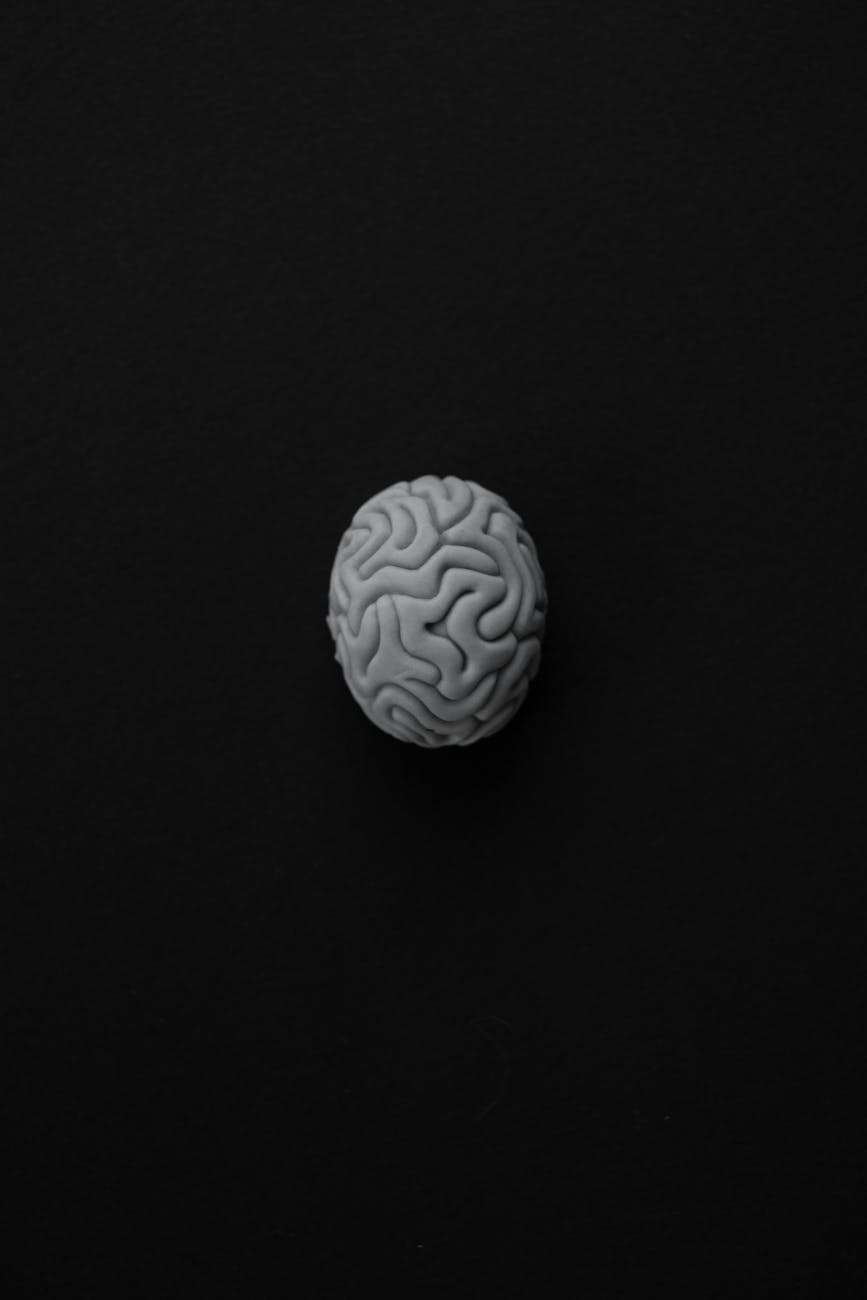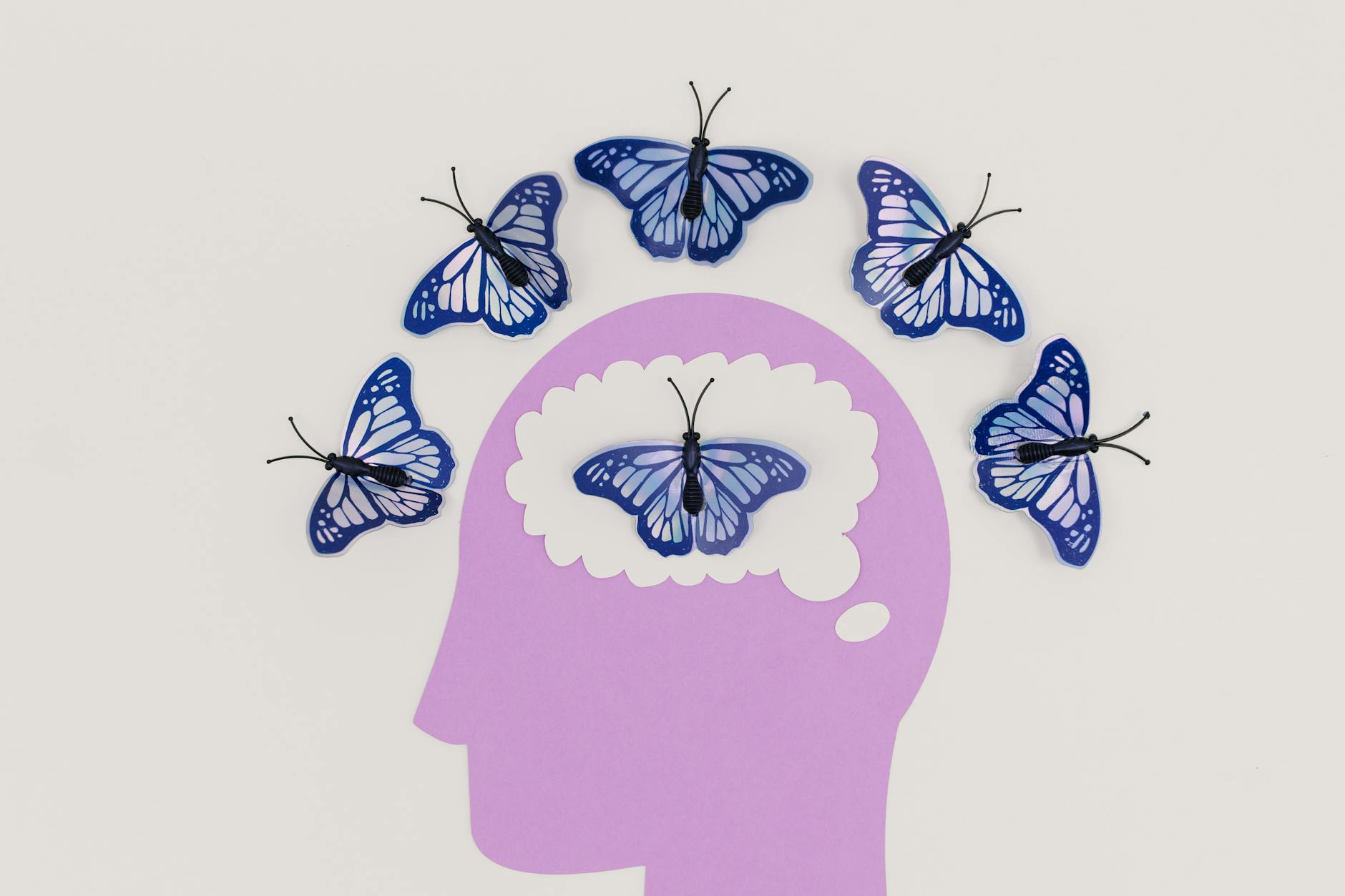A Lifelong Guide to Brain Health and Function From Womb to Golden Years

Brain Health Starts in the Womb
Prenatal Brain Development
- The human brain begins forming just 3 weeks after conception, making maternal health absolutely crucial.
- By the third trimester, the fetal brain begins forming tens of thousands of new synaptic connections per second.
- By age 5, the brain reaches about 90% of its adult size, shaped by both prenatal and early life environments.
What Harms the Baby’s Brain in the Womb?
Stress: High cortisol levels in pregnant mothers can alter fetal brain wiring and increase the child’s risk for ADHD, anxiety, and depression.
Maternal anxiety in pregnancy affects child behavior and stress response.
Poor nutrition: Deficiencies in iron, omega-3 fatty acids, iodine, folate, and choline can impair fetal brain growth, memory, and future IQ.
Toxins: Exposure to tobacco smoke, alcohol, pesticides, BPA, or heavy metals during pregnancy may disrupt brain development.
Example: Prenatal alcohol exposure causes long-term brain damage seen in FASD (Fetal Alcohol Spectrum Disorders).
Negative emotions and chronic anxiety: Emotional stress increases inflammatory markers (e.g., IL-6) in the placenta, which can alter fetal neurodevelopment.
Childhood & Teen Brain – Fragile Yet Formidable
🚫 Harmful Factors in Childhood
- Poor diet (high sugar, trans fats, processed foods) → lower memory, attention problems, higher ADHD risk.
- Study: Early diets high in processed food are linked to smaller brain volume and poorer cognition.
- Lack of movement → fewer brain connections in areas needed for coordination, focus, and decision-making.
- Screens & overstimulation → Over 2 hours/day in toddlers linked to reduced language skills, emotional regulation, and memory.
- JAMA Pediatrics (2019): Excessive screen time delays white matter development in toddlers.
🌟 Neuroplasticity in Early Years
- In the first years of life, the brain forms millions of new connections every second.
- Early experiences shape learning ability, emotional resilience, and behavior for life.
- Positive relationships, healthy stimulation, and safety build strong brain wiring for focus, empathy, and self-control.
💡 What Boosts Young Brains






🚫 What Shrinks or Damages the Adult Brain?
- Nutrient-poor diets
- Lack of omega-3s, B-vitamins, antioxidants, and zinc weakens brain performance.
- Too much sugar & processed food fuels inflammation and “Type 3 Diabetes” (brain insulin resistance linked to Alzheimer’s).
- Lack of exercise
- Regular movement boosts BDNF — a protein vital for memory and new brain cell growth
- Chronic stress
- Excess cortisol shrinks the hippocampus (memory hub) and affects learning & emotional stability.
- Sleep deprivation
- Under 7 hours disrupts focus, mood, memory, and the brain’s nightly “clean-up” of toxins like beta-amyloid.
- Unprocessed emotional stress
- Persistent negative thinking can over-activate the amygdala, increasing anxiety and fear responses.
Golden Years – Protecting the Aging Brain (60+)
Starting around age 60, the brain loses 5% of its volume per decade. Processing speed, memory, and multitasking decline, yet wisdom, vocabulary, and insight often flourish.
⚠️ Brain Health Threats in Seniors
- Global prevalence: ~57 million people worldwide live with dementia (2021), with nearly 10 million new cases each year.
- Alzheimer’s disease: Accounts for 60–70% of dementia cases globally (WHO).
- Chronic inflammation, poor nutrition, and social isolation are major risk factors.
💪 Brain-Boosting Habits for Seniors
- Lifelong learning: New skills & languages build cognitive reserve.
- Daily walking (30+ min): Can lower dementia risk by 30–60%, depending on intensity.
- Social connection: Reduces dementia risk by up to 40% (Harvard Aging Study).
- The MIND diet: Combined with meditation & gratitude practices, it’s proven to help protect memory and slow cognitive decline.

HOW CAN TRANSFORMATIONWITHIN HELP YOU?
🎓 Science-Backed Brain Education – Anytime, Anywhere
- Expertly designed video modules break down complex brain science into easy, relatable concepts.
- Learn how your brain develops, reacts to stress, heals from trauma, and thrives — all at your own pace
🛠️ Step-by-Step Cognitive Tools for Focus, Memory, and Clarity
- Practical, repeatable techniques to improve focus, decision-making, emotional control, and memory.
- Ideal for teens, parents, professionals, and seniors
😌 Stress Reduction & Mental Reset Techniques
- Video-guided tools and prompts to reduce brain inflammation.
- Support emotional regulation and reset your nervous system in just minutes a day.
💭 Emotional Detox & Thought Rewiring Exercises
- Identify self-sabotaging patterns.
- Reframe limiting beliefs and build neural pathways of resilience.
🤸 Brain-Body Synchronization Practices
- Movement-based modules that enhance brain oxygenation, mood, and cognitive sharpness.
🌿 Healing Protocols for Brain Fog, Fatigue & Overwhelm
- Tailored guidance for nutritional and emotional support during burnout or long-term stress.
- Includes brain-healing lifestyle steps and supplement education.
📚 Lifelong Learning That Evolves With You
- Self-paced curriculum that adapts to your brain’s needs at every stage of life.
- From academic performance to midlife clarity and senior cognitive health, we guide you every step of the way
The Science of Brain Healing & Renewal at Any Age
💡 Brain Healing Is Always Possible. Your brain is neuroplastic — it rewires itself based on your repeated behaviors, thoughts, and emotions. Healing is possible at any stage of life — even after trauma, chronic stress, or aging.
🔬 Key Pathways to Brain Renewal
- BDNF (“Brain Fertilizer”): Triggered by exercise, fasting, cold exposure, and omega-3 intake.
- Neurogenesis (New Neurons): Happens in the hippocampus; boosted by deep sleep, learning, and stress reduction.
- Rewiring Through Habit: Repeating positive actions or thoughts literally reshapes neural circuits.
🧼 Daily Brain Hygiene
- Thought detox: Journal negative thoughts → reframe into truth-based affirmations.
- If-then tools: “If I feel tired, then I’ll go for a walk instead of grabbing sugar.”
- Limit screen exposure: Especially before bed & during meals.
- Seek help: Therapy, coaching, or support groups ease emotional overload & aid healing.
🛠️ Brain Health Recommendations – Foundational Habits for All Ages
- Eat whole foods: Leafy greens, healthy fats, animal protein, and low-glycemic veggies.
- Stay hydrated: Even mild dehydration shrinks brain tissue and slows thinking.
- Practice emotional regulation: Keeps cortisol low, improves clarity.
- Move your body: Aerobic + strength training boost memory & learning.
- Learn something new weekly: Keeps your brain agile and adaptive.
- Prioritize sleep (7–9 hrs): Supports memory consolidation & toxin clearance.
- Practice gratitude/prayer: Improves optimism & reduces anxiety.
💬 Reminder: Every habit, thought, and meal is either building or harming your brain.
Your brain is your most valuable asset — train it, protect it, nourish it, love it. ❤️
Our Programmes
Our coaches provide comprehensive interventional support for students through both group and individual program options.
Get In Touch
Reach out to learn more about how we can help, or if you have any questions or concerns
